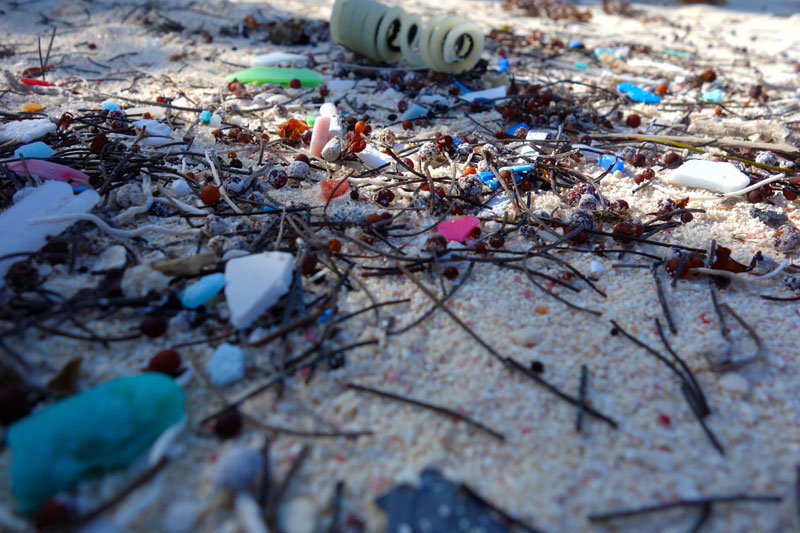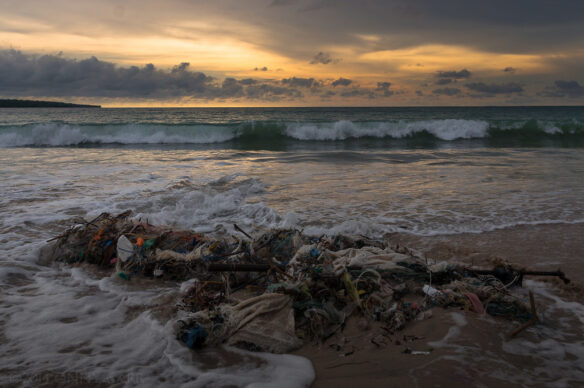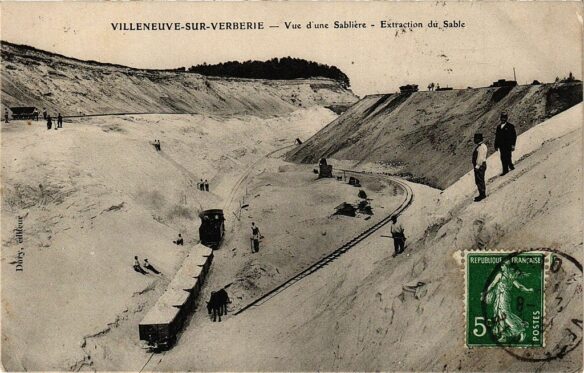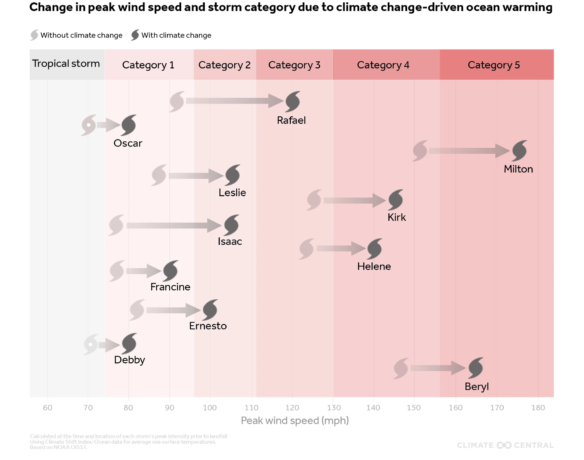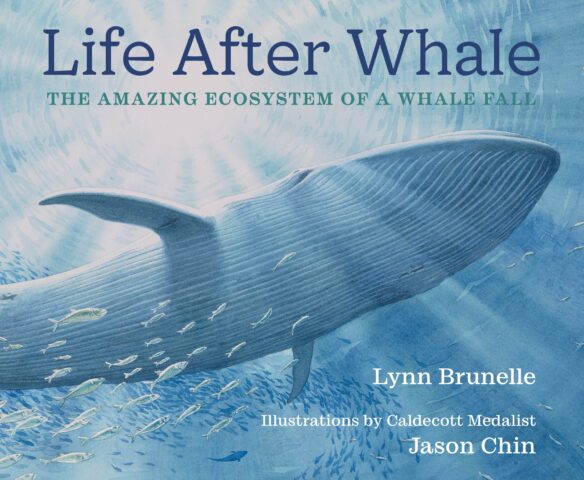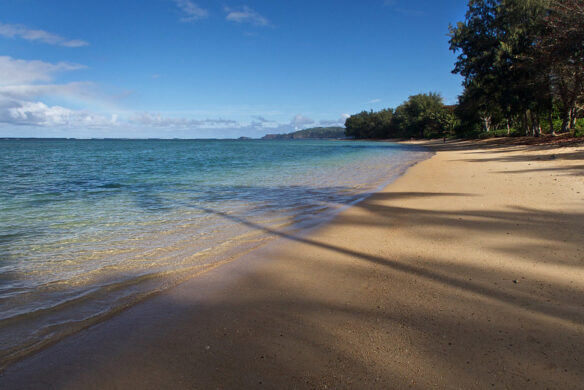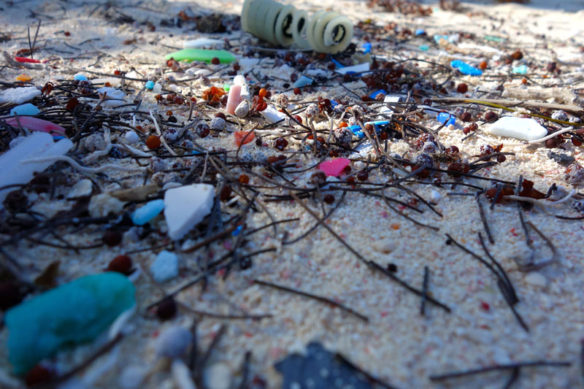
Plastic pollution. Photograph: © SAF — Coastal Care
Excerpts;
The concentration of microplastics in water and fish from the Baltic Sea has been constant for the past 30 years, despite a substantial increase in plastic production during the same period, report investigators.
“The study raises a number of questions. We have all learned in school that plastic takes 100 years to break down. We know that more plastic is produced today than ever before. So where has the plastic gone? Does it sink to the bottom? Are there organisms that can break it down? Or is it carried away by currents?”…
Read Full Article, Science Daily (10-24-2017)
Brain damage in fish from plastic nanoparticles in water, Science Daily (09-25-2017)
A new study shows that plastic particles in water may end up inside fish brains. The plastic can cause brain damage, which is the likely cause of behavioral disorders observed in the fish…
Video captures moment plastic enters food chain, BBC News (03-11-2017)
A scientist has filmed the moment plastic microfibre is ingested by plankton, illustrating how the material is affecting life beneath the waves. The footage shows one way that plastic waste could be entering the marine and global food chain…
Fish for dinner? Your seafood might come with a side of plastic; Guardian UK (08-31-2016)
Fish are “stuffing themselves” on plastic, but scientists are still trying to figure out what effect that might have on those of us who eat seafood…
New UN report finds marine debris harming more than 800 species, costing countries millions; United Nations (12-05-2016)
Marine debris is negatively affecting more than 800 animal species and causing serious losses to many countries’ economies, according to a United Nations report launched December 5th, 2016…
The Plastic Found In a Single Turtle’s Stomach, Independent UK (03-24-2011)
90 Percent of Seabirds Have Plastic in Their Stomachs, Newsweek (09-01-2015)
By 2050, nearly all seabirds will have plastic in their stomachs. Already, 9 out of 10 of the birds have some of the substance in their digestive tracts. Such are the sobering conclusions of a study published August 31 in the journal Proceedings of the National Academy of Sciences…
Plastic Contaminates Ocean Sourced Table Salt, Scientific American (10-30-2015)
When researchers analyzed fifteen brands of common table salt bought at supermarkets across China, they found among the grains of seasoning micro-sized particles of plastic. The highest level of plastic contamination was found in salt sourced from the ocean…
People may be breathing in microplastics, health expert warns; Guardian UK (05-10-2016)
People could be breathing in microparticles of plastic, according to a leading environmental health expert, with as yet unknown consequences on health…
The Ocean Is Contaminated by Trillions More Pieces of Plastic Than Thought, IOP Science (12-08-2015)
This new study suggests there are 15 to 51 trillion micro plastic particles (those less than 200 millimeters in size) in the world’s oceans, weighing between 93 and 236,000 metric tons. This is about seven times more than scientists had previously estimated…
More than 8. 3 billion tons of plastics made: Most has now been discarded; Science Daily (07-19-2017)
Humans have created 8.3 billion metric tons of plastics since large-scale production of the synthetic materials began in the early 1950s, and most of it now resides in landfills or the natural environment, according to a study.
Plastic Pollution / When The Mermaids Cry: The Great Plastic Tide, Coastal Care ©-2009.
“The unprecedented plastic waste tide plaguing our oceans and shores, can become as limited as our chosen relationship with plastics, which involves a dramatic behavioral change on our part…”
UN Declares War on Ocean Plastic, UNEP (02-23-2017)
To clean up ocean plastics, increase focus on coasts, Science Daily (01-19-2016)
The most efficient way to clean up ocean plastics and avoid harming ecosystems is to place plastic collectors near coasts, according to a new study…

